Celebrating Plants and People
-

This Humble Plant Spreads By Riding A Duck’s Digestive Tract
Duckweeds are humble-looking plants whose tiny, brilliant green globules spangle ponds all over the world. Some duckweeds are the smallest flowering plants in nature. Scientists working in Brazil have just discovered that one duckweed, Wolffia columbiana, has a surprising talent. (Click on title for full story.)
-
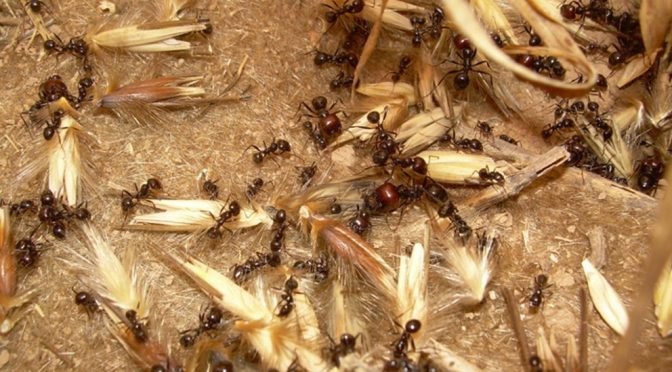
If You Protect The Ants They Will Do Your Work For You
Harvester ants that eat weed seeds on the soil’s surface can help farmers manage weeds on their farms, according to an international team of researchers, who found that tilling less to preserve the ants could save farmers fuel and labor costs, as well as preserve water and improve soil quality. (Click on title for full…
-
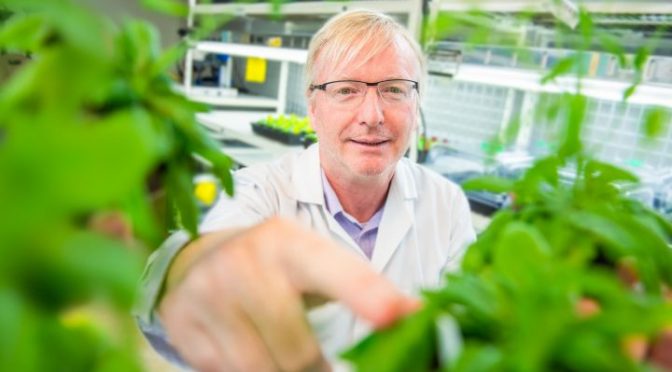
Unwanted Touch: Loving Your Plants Too Much
“The lightest touch from a human, animal, insect, or even plants touching each other in the wind, triggers a huge gene response in the plant,Within 30 minutes of being touched, 10 per cent of the plant’s genome is altered. This involves a huge expenditure of energy which is taken away from plant growth. If the…
-
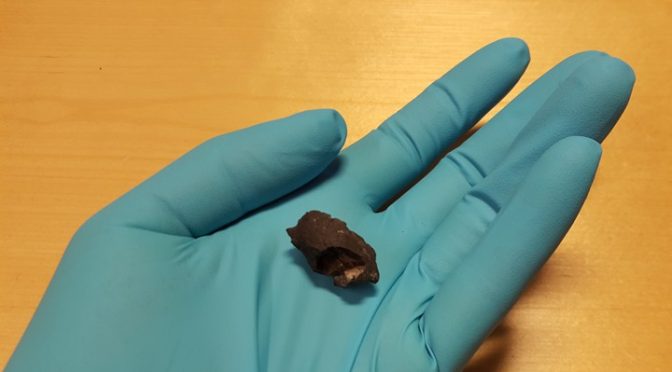
The Stories It Can Tell: Lumps Of Chewed Birch Reveal Stone Age Lives
No one today quite understands how they did it, but people in the Stone Age could turn ribbons of birch bark into sticky, black tar. They used this tar to make tools, fixing arrowheads onto arrows and blades onto axes. And they chewed it, as evidenced by teeth marks in some lumps. These unassuming lumps…
-
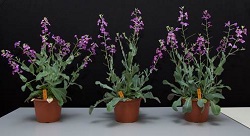
Blossoming In The Family Environment: Plants Flower More Heavily When Among Relatives
Results show for the first time that plants recognise kin and consequently modify their flowering strategies. “We found that plants invested disproportionally more resources to floral advertisement when they were growing with relatives compared to when they were growing with strangers or alone,” (Click on title for full story)
-

In Defense Against Insects Plants Brew A Mixture Of Potions
Since plants cannot move, they defend against pests that eat them using a bouquet of chemical compounds. Ecology, however, has been biased towards studying effects of single compounds even though a feeding insect would encounter a blend of plant compounds. It turns out that the type of defense bouquet matters, whether bouquets have the same…
-
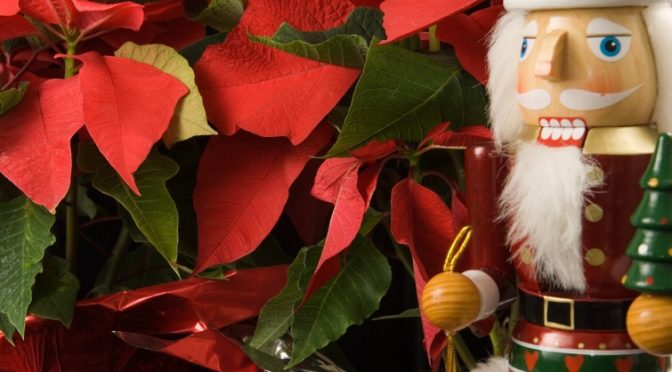
Pity The Maligned Poinsettia: Everyone “Knows” It Is Toxic. But It Isn’t Really
This festive plant is not deadly, but some stories just won’t go away. (For full story click on title.)
-

Want To Live To 100? Centenarians Are Found In The Garden
He says there is evidence that gardeners live longer and are less stressed. A variety of studies confirm this, pointing to both the physical and mental health benefits of gardening. (Click on title for full story.)
-
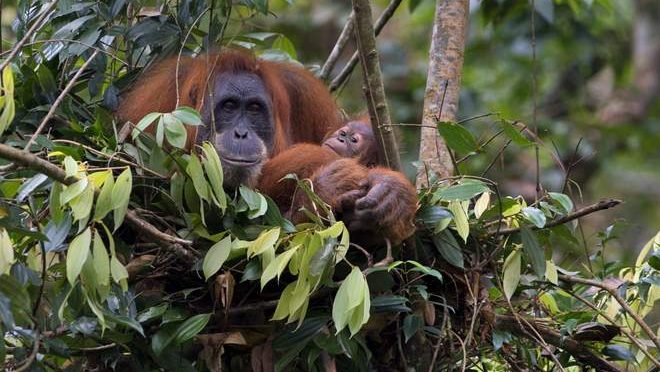
Think You Are Buying Sustainably Produced Palm Oil Products? There Is No Such Thing!
“Our research shows quite unequivocally that, unfortunately, there is no way to produce sustainable palm oil that did not come from deforestation, and that the claims by corporations, certification schemes and non government organisations are simply ‘greenwashing’, useful to continue business as usual,” he added. “No shortcuts: if you use palm oil, certified or not,…
-
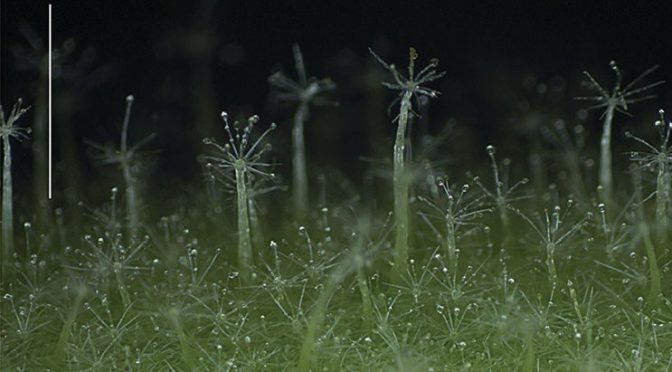
Newly Discovered Tomato Relative Was Just Growing By The Side Of The Road
Field observations of the new species have suggested that it’s preferred by medium- to large-sized bees with buzzing behaviour. The fruit structure of S. kollastrum, with fruits hanging outside its foliage on long axes, along with the numerous relatively small seeds and the release of a mild sweetish scent, suggest that fruits eaten by bats.…
